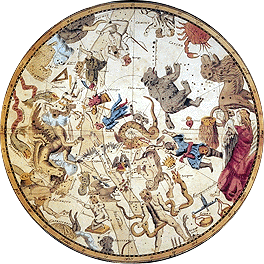 |
|
|
|||||||||||||||||||||||||||||||||||||||||||||||
|
I see an elephant, but which elephant? " What is this anyway?" asked an otherwise generally clueful friend. Any one who has been to even a few different Internet conferences or seen even a few Web sites knows that she is not the only one confused about whatever she just stumbled upon. Describing the Net is an even harder problem than that faced by the seven blind men when they met the elephant. Seven blind men are taken to meet an elephant. Each grasp a different part of the animal: one got the tail, one a leg, another the side, another an ear, still another the trunk, and the last the tusk. Each then explained the elephant to the others: it is much like a rope.
"No, like a sturdy tree." "No, a rough wall." "You're wrong, it's like a fan." "Fools, it's like a great snake." "Oh, it is smooth and cold; it's dead and we are feeling its bones." Then they fell into a complicated series of fights that only blind men could instigate. Even now people who are highly clueful in law, business, publishing, entertainment, investing, government, education, philosophy and, yes, even in technology are grasping at the Net and making pronouncements that make sense from the little information and experience that they have gathered and to their own equally blind tribe. But this time we are facing a larger problem than the blind men faced: we have a herd of different elephants and they are all in motion. Could the trick of the moment be to select one elephant, to understand it well–or even a small part of it–, to hang on tight to that elephant and to not be trampled? Sounds so easy and so sane. But which elephant? Copyright © 1999, 2000 media.org. |
||||||||||||||||||||||||||||||||||||||||||||||||
|

